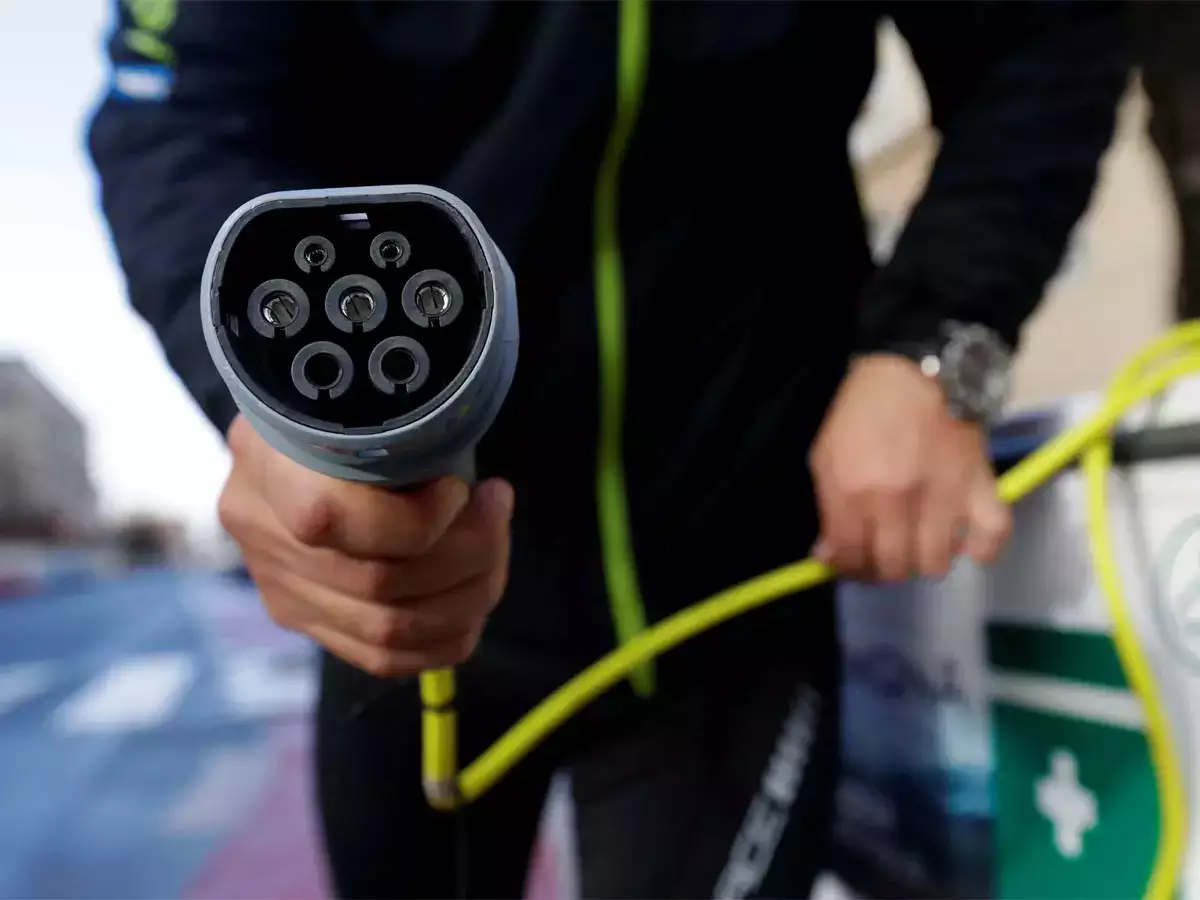
The four automakers with the lowest proportion of forecasted EV production in 2030 are all from Japan (Suzuki at 10%, Honda at 24%, Toyota at 29% and Mazda at 30%), with Toyota, Mazda and Suzuki all receiving the lowest performance, says InfluenceMap in its latest report titled, “Automakers and Climate Policy Advocacy: A Global Analysis.
Making a specific reference to India, the world’s third largest auto market by sales, the report said that even as Indian automakers are leading positive engagement on battery electric vehicles, Japanese automakers are pushing for policies favouring ICE-powered vehicles, including hybrids.
“In 2023-24, Japanese automakers have driven advocacy to weaken and delay climate rules promoting battery electric vehicles, including in Australia, India, and the US, and are instead pushing for policies that favour a longer-term role for (internal combustion engine) ICE-powered vehicles including hybrids,” it said.
“InfluenceMap’s March 2024 report on automaker engagement in India found that communications from Indian automakers Tata Motors and Mahindra & Mahindra were widely supportive of BEVs in India. In contrast, Japanese automakers, led by Maruti Suzuki (Suzuki), including Honda and Toyota, consistently promoted ICE-powered hybrids over BEVs in their advocacy. The analysis found negative engagement on India’s fuel economy (CAFE) standards from Maruti Suzuki (Suzuki) in 2022 to weaken the policy, ” it said.
However, the report also found widespread automaker support to extend the Faster Adoption and Manufacturing of Electric Vehicles (FAME) scheme in 2023-24, which provides incentives for electric vehicle purchases, including from the Society of Indian Automobile Manufacturers (SIAM), Maruti Suzuki and Tata Motors (alongside Mahindra & Mahindra), it said.
Disclaimer: The copyright of this article belongs to the original author. Reposting this article is solely for the purpose of information dissemination and does not constitute any investment advice. If there is any infringement, please contact us immediately. We will make corrections or deletions as necessary. Thank you.





